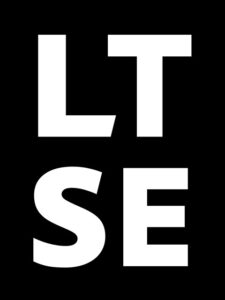 Andrew Ross Sorkin, writing in the New York Times’ DealBook, profiles Long-Term Stock Exchange (LTSE), a new exchange that would impose unusual restrictions on its listed companies:
Andrew Ross Sorkin, writing in the New York Times’ DealBook, profiles Long-Term Stock Exchange (LTSE), a new exchange that would impose unusual restrictions on its listed companies:
Among its changes to the ecosystem: the voting rights of investors (the longer you own, the more voting power you have), new disclosure policies (including a moratorium on “guidance”) and a complete rewrite of compensation schemes so that executives truly focus on the long term (it recommends vesting stock over as long as a decade).
LTSE’s rationale is to address the headwinds that have caused the number of public companies to decline significantly in recent years, leading large private company so-called unicorns to remain private, even with multi-billion dollar valuations. These companies fear that, if they became public, they would be forced to take actions to satisfy their overly short term-oriented stockholders, like activist hedge funds. In contrast, companies adhering to the LTSE listing standards would be dominated from a voting power perspective by stockholders who have stuck with the company for a long period and would have executives who are incentivized to stay for a while and not engineer fleeting short-term results to jack up their compensation.
Traditional stock exchanges like the New York Stock Exchange and Nasdaq do have their own listing standards, but they are less far-reaching than those proposed by LTSE and don’t specifically address the short-term orientation problem. Assuming that the LTSE restrictions prove to be workable for public companies (i.e., will executives be willing to work at companies with a 10-year vesting period when competitors offer less?), this is a promising venture that investors might find attractive.
What is less clear to me is why it has to be a new stock exchange that is the mechanism for implementing these changes. There is no reason why any company listed on the NYSE or Nasdaq cannot (with appropriate internal board and stockholder approval) voluntarily comply with all the requirements that LTSE imposes. Assuming there could be broad agreement on a set of standards for long-term orientation – perhaps a group of law and business professors can create and update something like that – then any public company can voluntarily decide to adhere to those standards and publicize that fact.